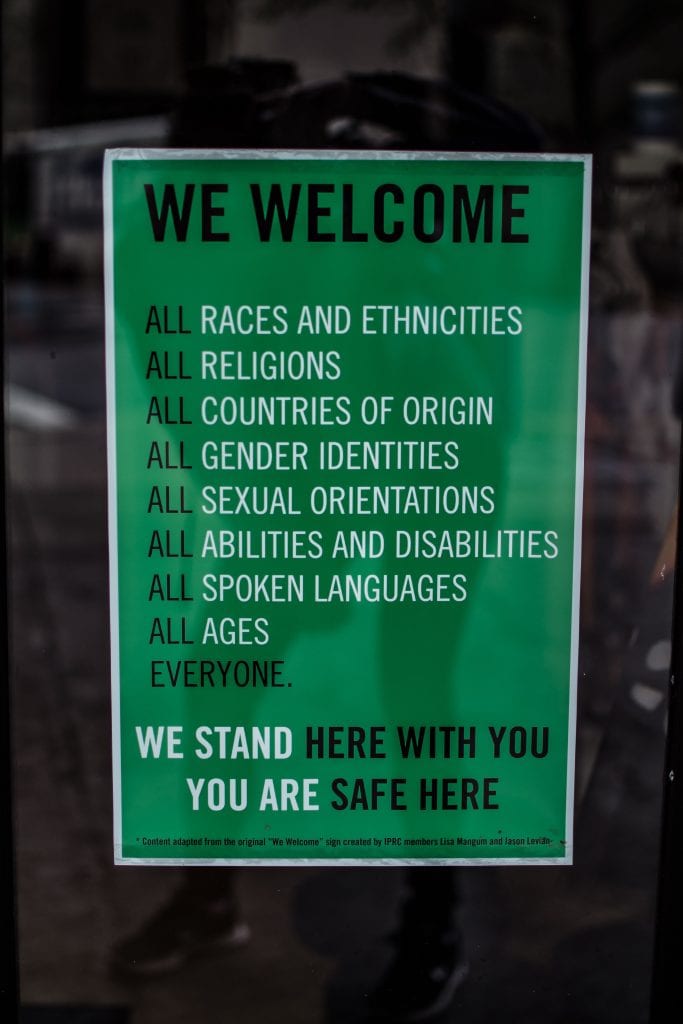Racism is, sadly, alive and well. Racism in the workplace is an ongoing problem, but one that can be addressed.
The current state of racial inequality across all industries in the U.S. has tensions at an all-time high, as people of color (POC) and employees at all levels feel the pangs of a workplace that lacks cultural sensitivity. Most recently, 19 black employees have sued UPS over claims of racism in the workplace that have occurred over the last several years.
These claims are extensive, with employees claiming to have witnessed nooses in the workplace, as well as several instances of hearing racial slurs throughout their time working for UPS. Although some may argue that these events are being highlighted due to the current social climate, these employees have claimed to experience large amounts of workplace discrimination that has been prevalent and disruptive enough to spur them to file a lawsuit.
Prevalence of Racism in the Workplace
Racism in the workplace is not uncommon. Because most employees in the U.S. are white, many employers often dismiss casual racism as a product of the times or a situation that naturally occurs as a part of an inconsiderate, but not racially intolerant, workplace. However, these types of circumstances often indicate a workplace culture of racism, where employees feel that their words and surroundings do not need to be held to a standard of political correctness.
In September of 2018, a General Motors facility in Ohio was sued for not properly responding to claims of racial bullying in the workplace. This includes reports of being called a racial epithet, being told the bathrooms were for “whites only,” and finding several nooses in the work environment. When coming forward about the racism they were experiencing, the eight black GM employees were told by company leaders to handle the situation themselves.
To POC who are in the midst of these culturally insensitive situations, it often appears that their employers do not care about racial diversity or creating a safe work environment. In the U.S., it has not been long since the black community could even expect equal treatment in the workplace. For this vulnerable minority population, jokes about hangings and nooses are a sign that racism remains rampant in our society.
Racial Sensitivity in the Workplace
Hearing people freely use racist terms, phrases, and statements can be threatening to POC who recognize the symptoms and dangers of a racist society. Although this should never be tolerated and should always be addressed by company management, this often fails to occur. Minorities are put into these circumstances time and time again because their white peers and coworkers don’t understand racial sensitivity.
Although racial diversity and sensitivity are concepts that most people, especially those in management, should be expected to understand, a lack of diversity in the workplace often makes this a more complicated situation. White bosses and managers are often unsure how to address racism, and often take empathy with their employees who lack racial sensitivity, trusting they don’t mean any harm. They are unwilling to take corrective action regarding those who exhibit racist attitudes.
To be inclusive, it’s crucial for management to understand that being lenient on employees who make racially insensitive comments means being tolerant of racism in the workplace. For minorities, ignoring casual racism opens the door for a wide array of discrimination and racism in the workplace, as coworkers feel that their behavior is being not only tolerated, but endorsed by management.
Racial Diversity in Business
Of 321 million people living in the U.S., 61 percent of the population is Caucasian. Although such a large portion of the U.S. population come from diverse backgrounds, they are not treated as the norm. This can lead to casual racism, even in government organizations.

This type of social discrimination has a slew of consequences that go even so far as to effect the health of a large percentage of Americans. Without social conditioning of racial diversity, even health practitioners can unknowingly provide poor healthcare to their constituents. According to Duquesne University, “As part of a cultural group, people learn to communicate in a way that is effective for the group. When healthcare practitioners, including nurses, do not understand those differences or use a different form of language, there is a breakdown in communication.”
It’s no secret that racial and socioeconomic factors contribute to the lack of healthcare in certain groups. Although there is a ton of information available worldwide for anyone who has access to the Internet, there are many individuals who may not feel that they can access healthcare due to their socioeconomic circumstances. Education levels, as well as bigotry and racism, are often cited as factors that exacerbate a person’s lack of access to healthcare in certain areas. As noted by Bradley University:
“African-American men are perhaps the second-most vulnerable at-risk group in the U.S., accounting for roughly 44 percent of all HIV/AIDS diagnoses among men nationwide. The mortality rate for black patients is equally disturbing. Nearly 20 of every 100,000 diagnosed die, the CDC found. Comparatively, the death rate for white males is 2 in 100,000. An estimated 78 percent of African-American men diagnosed with the disease contract it during sexual activity with other men.”
Every person should feel safe and comfortable in their workplace. However, casual day-to-day racism makes this impossible for people of color. To avoid this, employers should attempt to hire a diverse staff that will be more aware of racial sensitivity. Even so, white employees should be educated in racial sensitivity, and they should never make culturally insensitive comments at the workplace. Employees at businesses like UPS should feel safe, and those who make inappropriate comments should face serious consequences for their actions. Without doing so, employees may encounter casual racism — a situation that should never be tolerated.


Join the conversation!